Direct Digital Holdings, a leading advertising and marketing technology platform operating through its subsidiaries Colossus Media, LLC (“Colossus SSP”) and Orange 142, LLC (“Orange 142”), has unveiled a comprehensive framework to guide organizations in developing employee generative AI usage policies. Created by the company’s AI Council, this practical resource aims to help businesses establish clear expectations and safeguards for AI use in the workplace.
Addressing the Growing Need for AI Governance
As generative AI tools become increasingly integrated into daily workflows, employees are leveraging them to enhance efficiency and streamline tasks. However, without clear policies in place, organizations face risks such as data leaks, misinformation, compliance issues, and reputational harm. Despite the rapid adoption of AI, only 44% of companies currently have formal policies governing its use.
A Practical Framework for AI Implementation
“AI adoption in the workplace is happening faster than many businesses are prepared for,” said Anu Pillai, Chief Technology Officer at Direct Digital Holdings. “Employees are already using these tools, but companies are leaving themselves open to significant risks without clear guidelines. Our framework offers business leaders a starting point to create transparent, structured AI policies that allow teams to safely and securely take advantage of the technology’s benefits.”
Also Read: Five9 Now Available Globally on Google Cloud Marketplace
The “Framework for Employee Generative AI Usage Policy” provides a strategic foundation for organizations looking to establish AI usage guidelines. Key areas covered include:
- Ethical AI use and transparency – Ensuring responsible AI integration within company operations.
- Identifying AI value vs. risk – Establishing when AI enhances efficiency and when its use presents potential dangers.
- Data privacy protection – Implementing safeguards to prevent unauthorized access and misuse of sensitive information.
- Human oversight in AI-driven decisions – Maintaining human accountability as a critical safeguard.
- Ongoing AI evaluation and auditing – Developing a structured process to monitor AI performance and security over time.
“Businesses can’t afford to take a wait-and-see approach on AI governance,” said Christy Nolan, VP of Delivery Solutions at Direct Digital Holdings. “By setting clear guidelines now, companies can foster a culture of informed AI adoption, positioning themselves to stay competitive while maintaining trust with customers, partners, and stakeholders.”
A Roadmap for Responsible AI Integration
Designed for business leaders, IT teams, and compliance officers, this framework serves as a foundational resource to help organizations implement AI policies aligned with industry standards, regulatory requirements, and company goals. As AI continues to evolve, this guide provides a flexible roadmap for responsible and sustainable workplace AI integration.

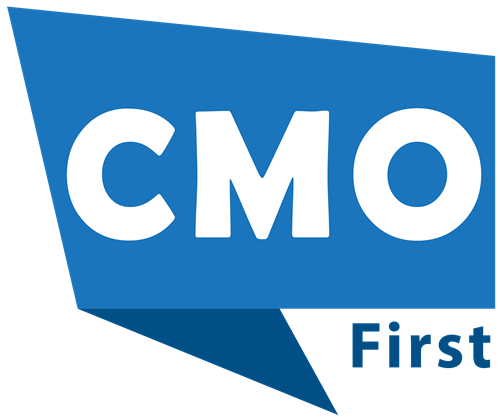





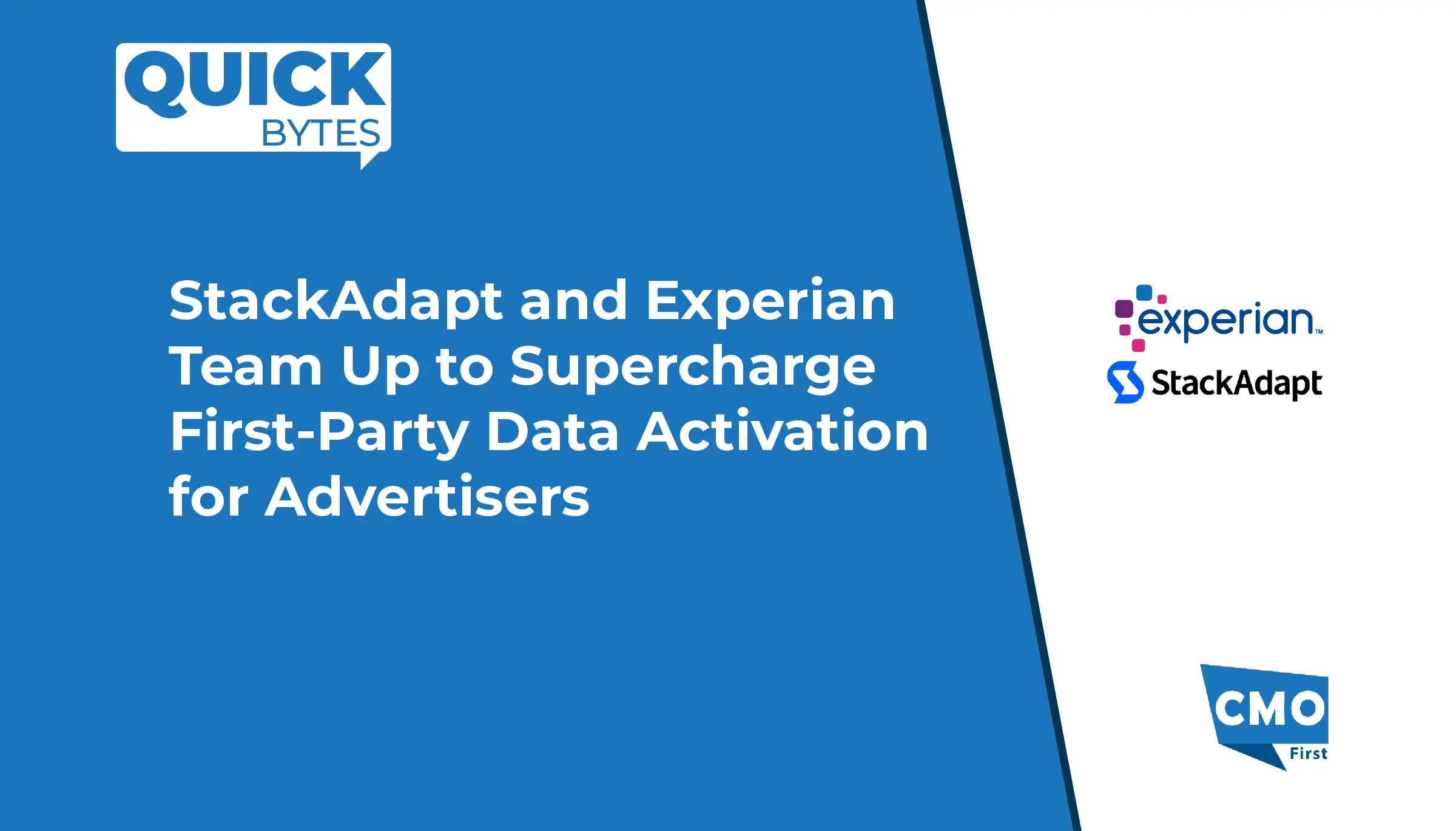
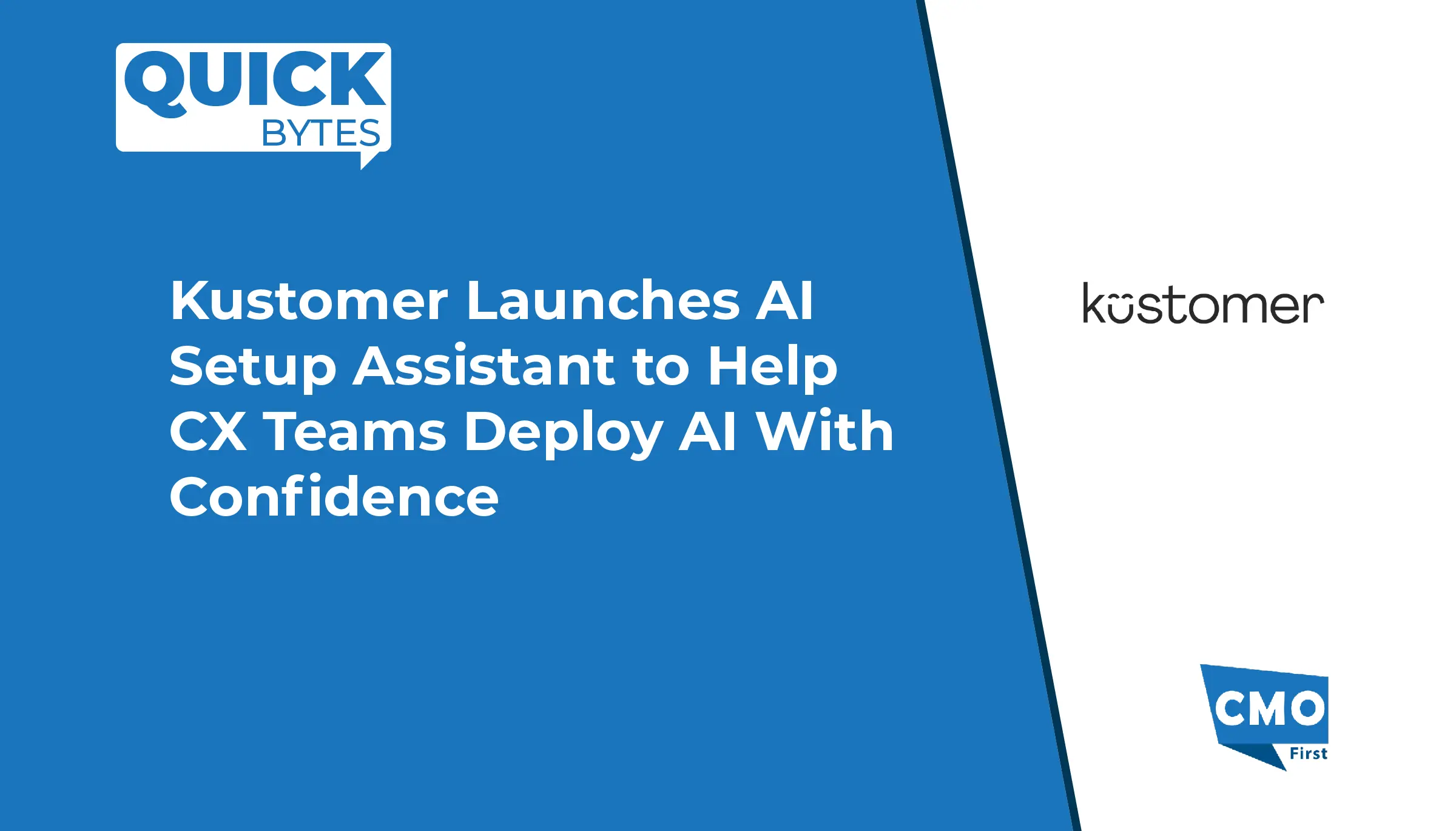
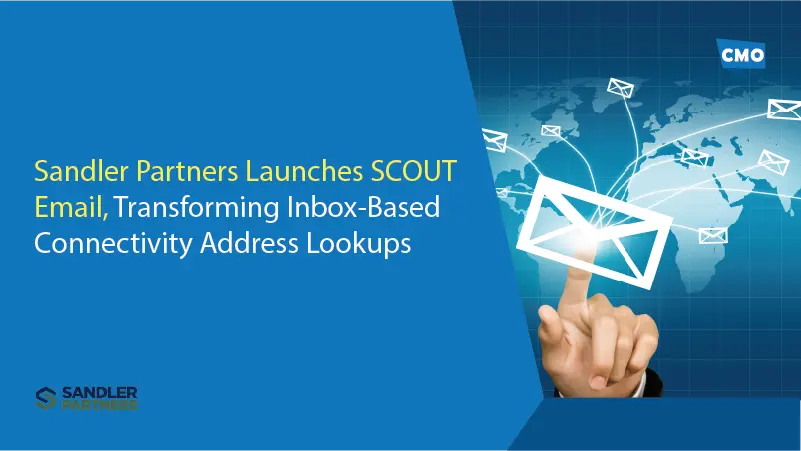

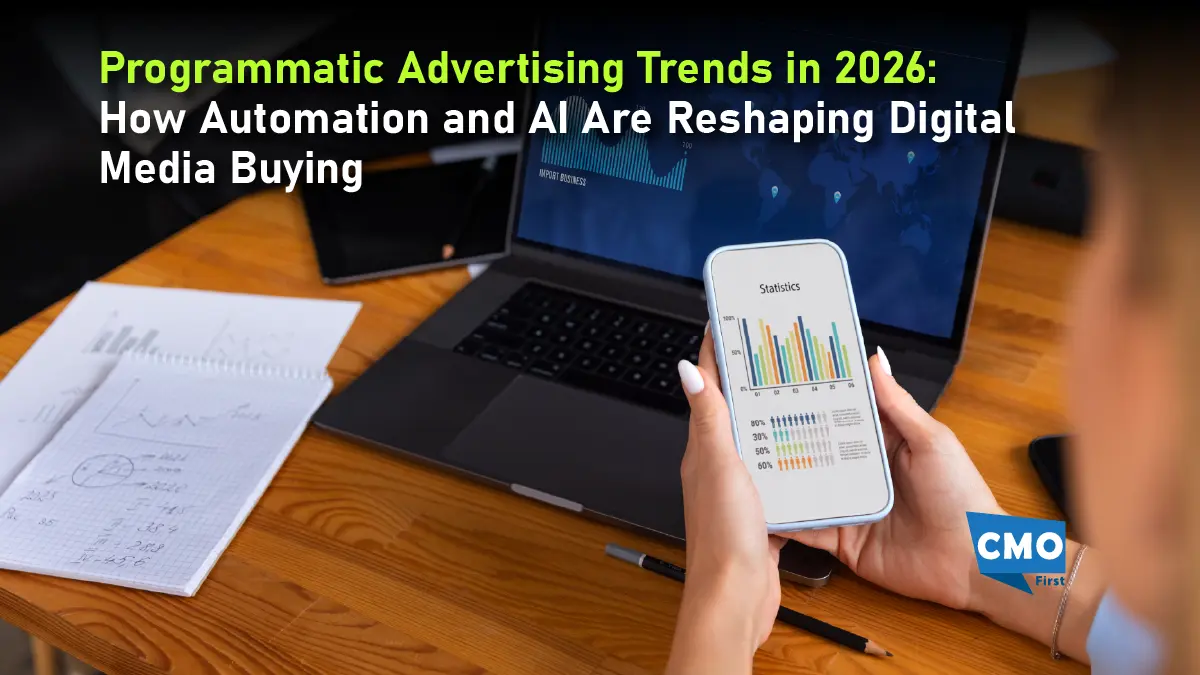

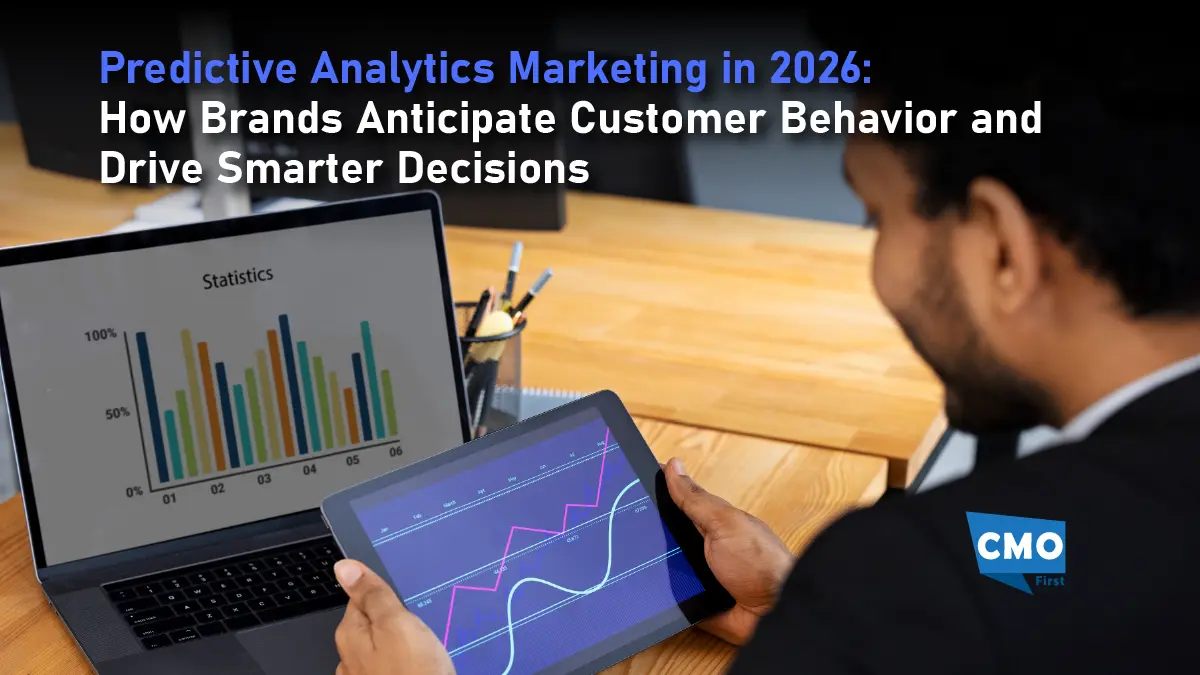
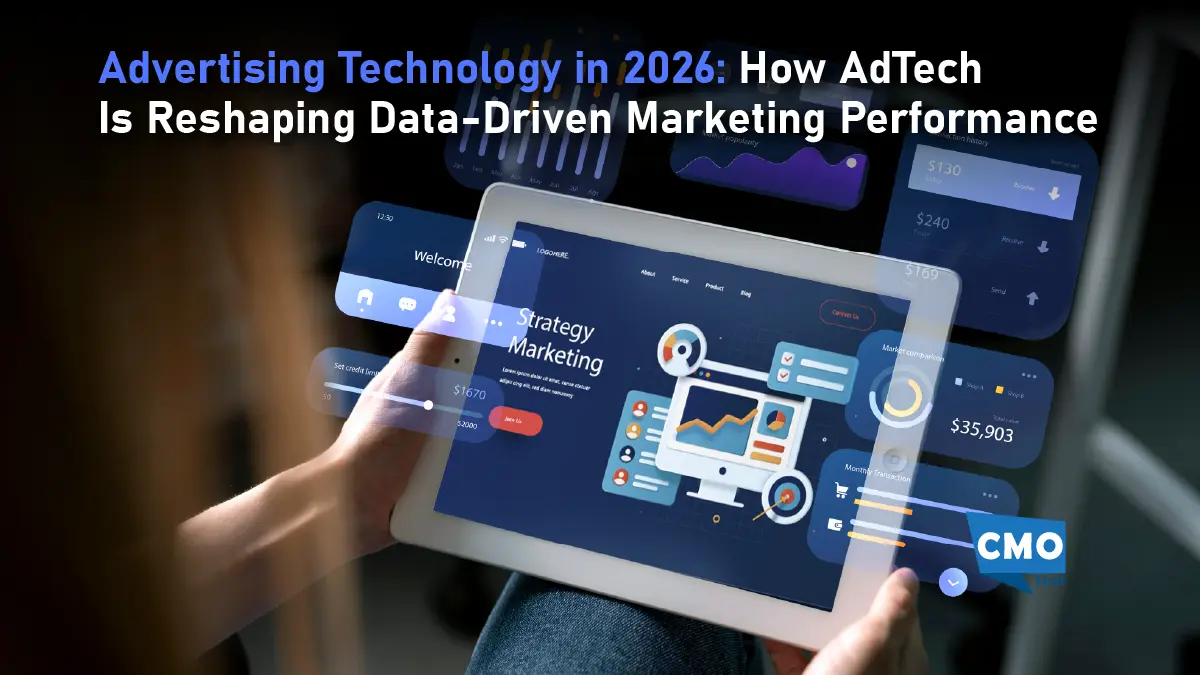

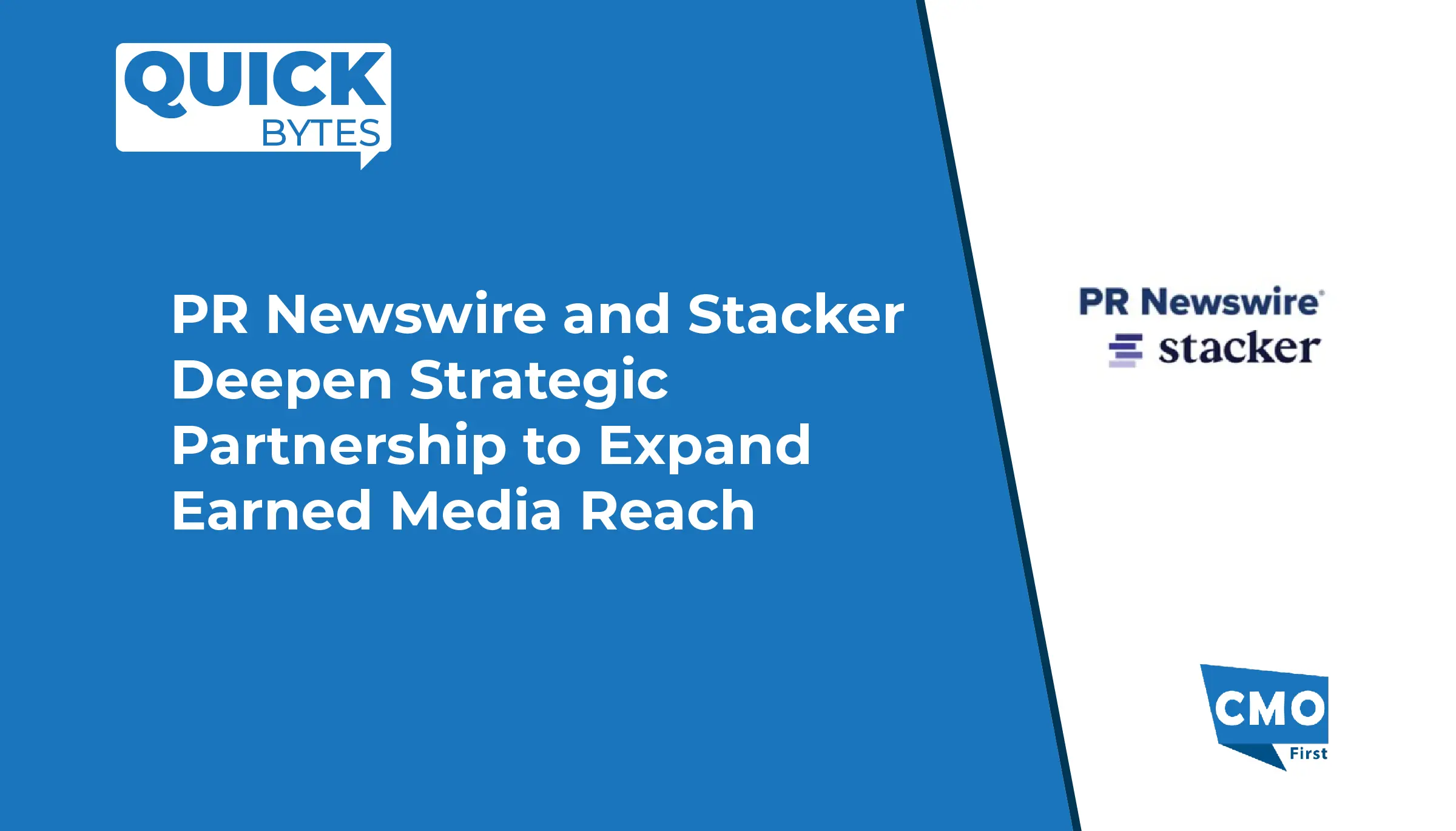

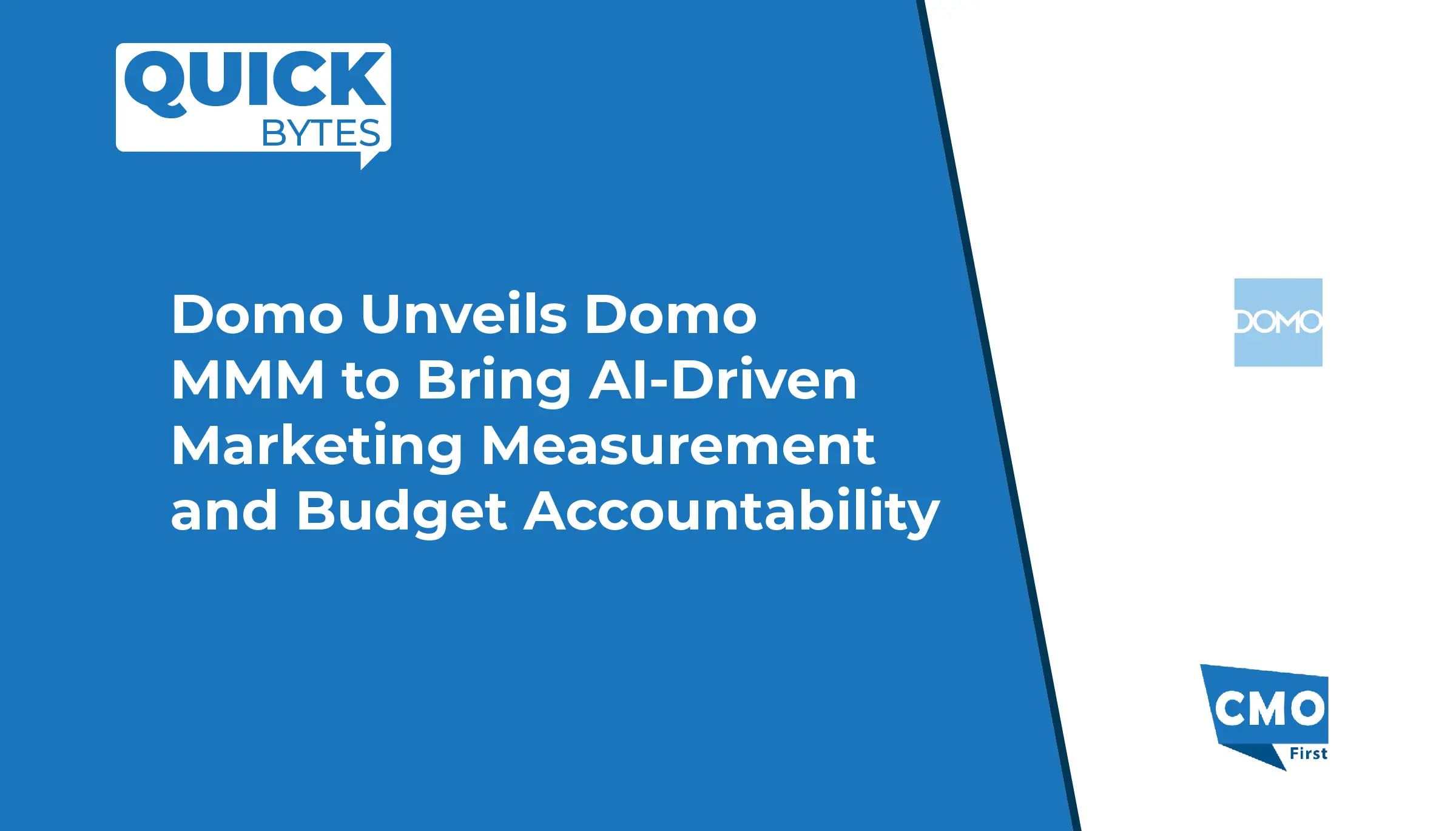
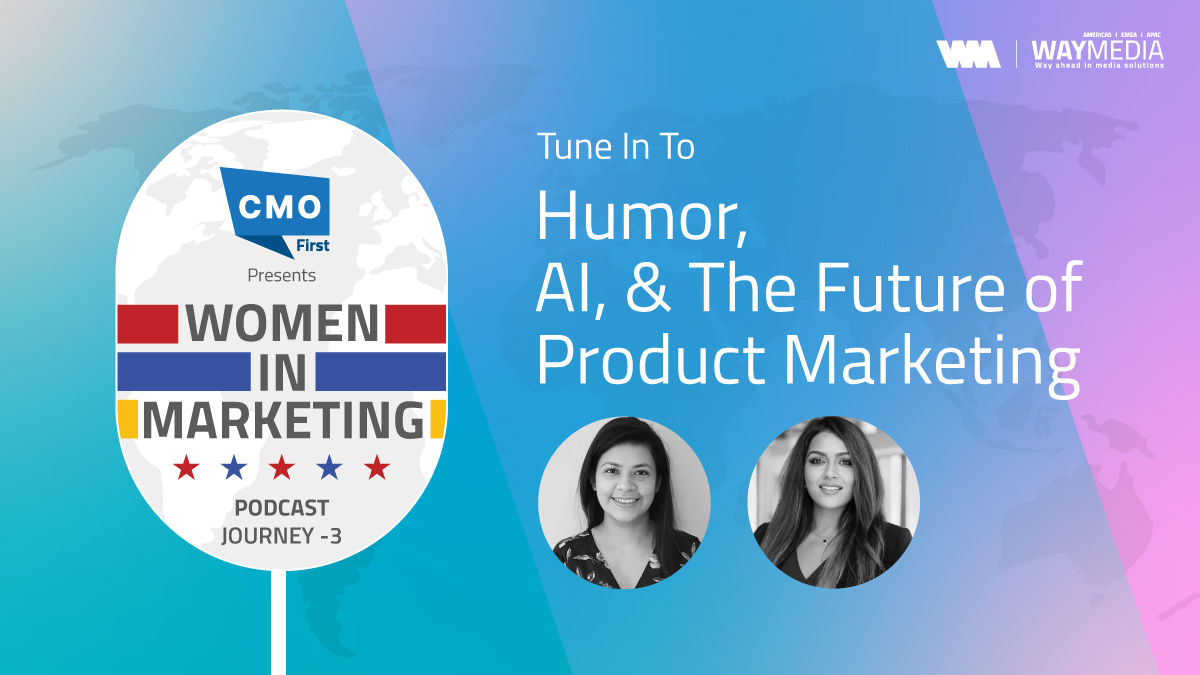




Leave a Reply